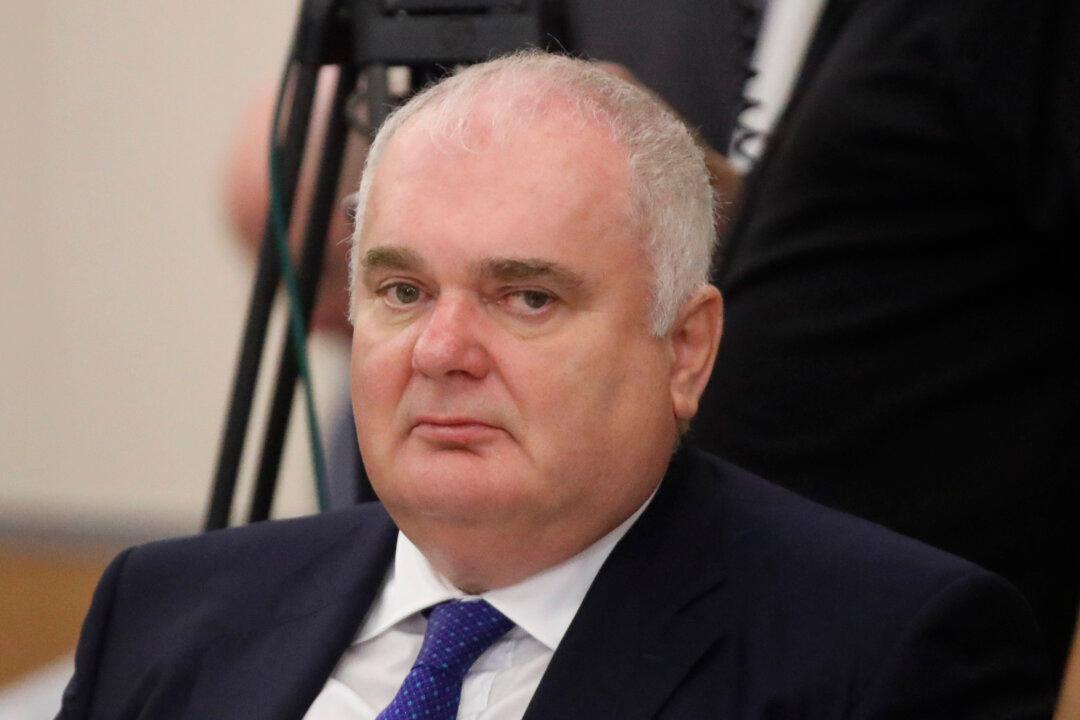The Biden administration has waived sanctions on the company and CEO overseeing the construction of Russia’s Nord Stream 2 natural gas pipeline project, Secretary of State Antony Blinken announced Wednesday, saying that the decision was made in the U.S. national interest.
Blinken waived the sanctions despite Congress receiving a report on the pipeline project from the State Department, which concluded that the company Nord Stream 2 AG and its CEO Matthias Warnig, an ally of Russian President Vladimir Putin, engaged in sanctionable activity.





